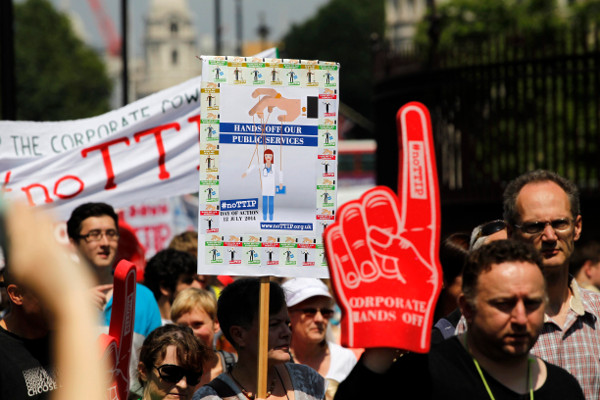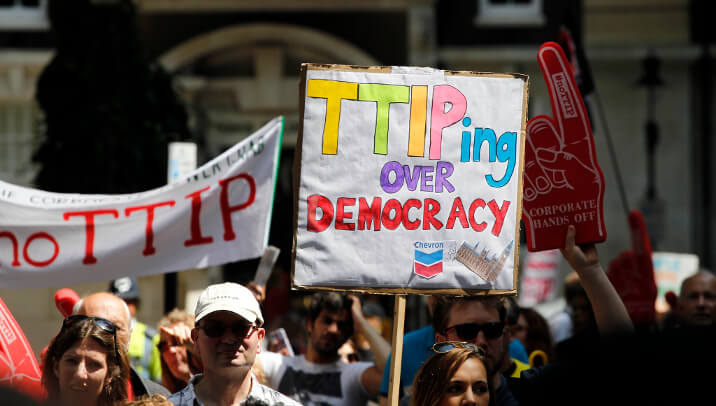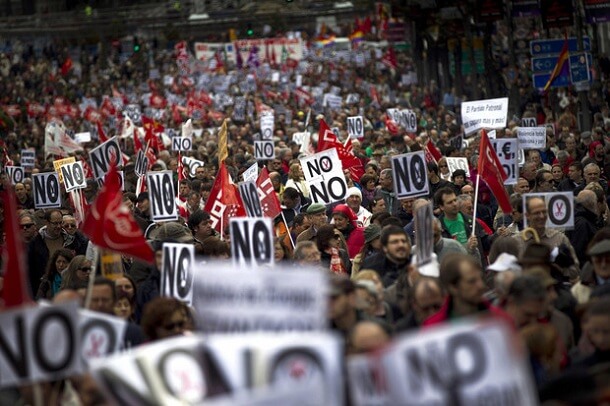Germany, not Wallonia, is to blame for the collapse of EU-Canada trade talks
By Fredrik Erixon
I sometimes wonder if the EU has a death wish – that europhiles like myself, when admitted to the cause, are sworn into a secret society with the ultimate goal of destroying the European Project. For a decade or more, the EU has been veering from crisis to crisis – yet presented with an opportunity to choose calm before crisis, it goes with the latter.
Late on Friday, Canada’s trade minister – the former FT journalist Chrystia Freeland – declared that the trade agreement with the EU (the so-called Ceta) had failed. She’d been commuting between Brussels and Namur, the seat of Wallonia’s regional parliament, for a few days, trying to get the region’s left-wing government to support the trade deal. But her efforts, and those by others, were in vain. Wallonia didn’t budge. All the EU leaders that were in Brussels to seal the deal ahead of Justin Trudeau’s visit on Thursday, had to return back home empty-handed.
Wallonia: the EU’s latest rogue element
For seven years, the EU and Canada have been negotiating the Comprehensive Economic and Trade Agreement (Ceta), which will provide for free trade and harmonisation of standards. Now, on the brink of ratification, little Wallonia has rejected it, with regional prime minister Paul Magnette demanding further negotiation. Constitutionally, it can demand a Belgian veto, and a Belgian veto can scupper the whole deal.











